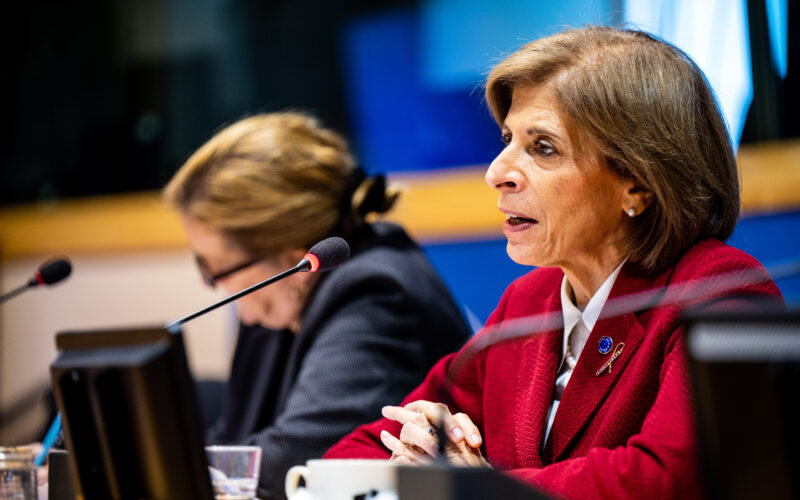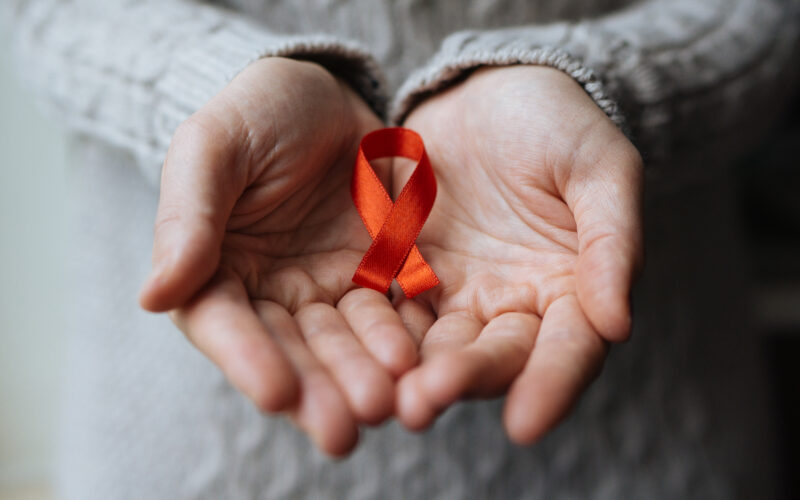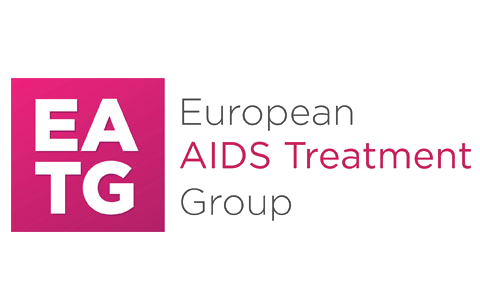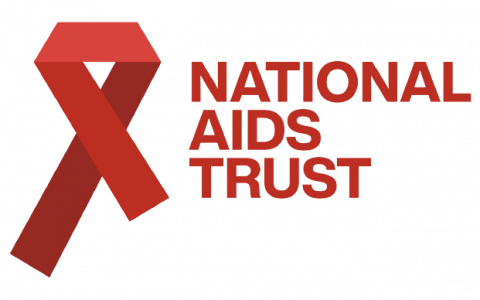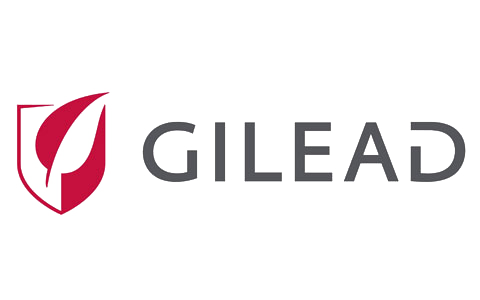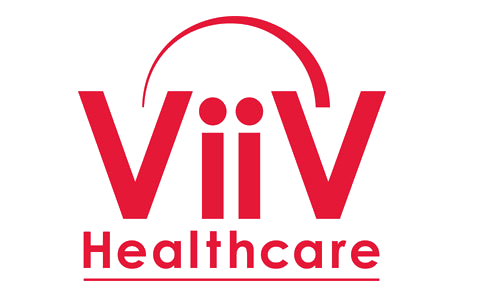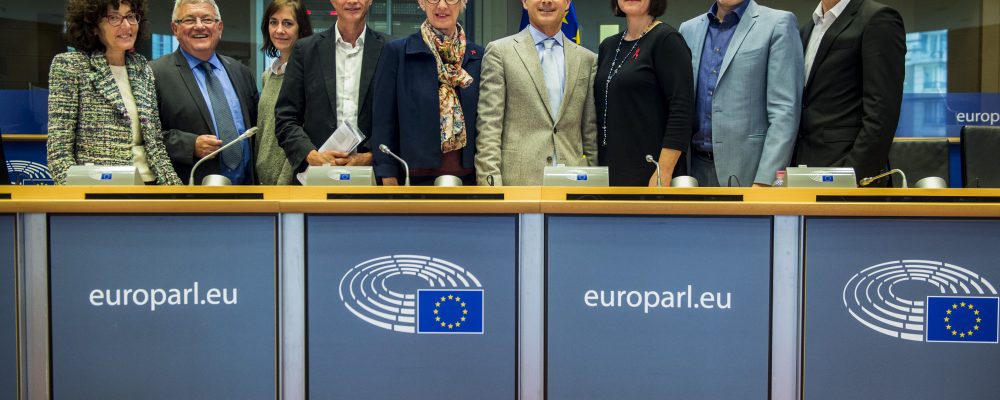
Meeting the long-term needs of people living with HIV requires innovative approaches to healthcare delivery
Brussels, 1 June 2017: More people than ever before are living with HIV and they are living longer. However, they face multiple, complex health challenges that our healthcare systems have yet to adequately address. The HIV Outcomes initiative, a collaboration of patients, clinicians, academics, policy-makers and industry, outlined the challenges faced at a meeting in Brussels today. New approaches that address the health problems faced by people living with HIV are urgently needed to put quality of life – in addition to longevity – on a par with the wider population and to maximise value for health systems.
Although modern treatments mean that most people living with HIV with access to care can anticipate near-normal life expectancy, many other health challenges remain that our healthcare systems often do not address well, if at all. Health and wellbeing outcomes for people living with HIV are undermined because of other co-existing clinical problems (comorbidities) together with challenges in accessing the range of services that are needed. Most health systems lack the structure to respond adequately to these needs. The HIV Outcomes initiative seeks to complement existing work in prevention, diagnosis, treatment and care by developing sustainable approaches – including improved prevention, screening, and diagnosis of comorbidities – that meet the specific long-term needs of people living with HIV.
“Europe’s healthcare systems face major funding challenges exacerbated by changing population dynamics. New, cost-effective ways of improving outcomes for people living with HIV demand innovative approaches to healthcare delivery,” said Nikos Dedes, HIV Outcomes Steering Group Co- Chair and Board member of the European AIDS Treatment Group (EATG). He continued; “By focusing on a single yet complex condition, HIV Outcomes will act as a pilot for the wider health system, identifying new and effective ways of dealing with ageing and comorbidities. We hope to draw conclusions from HIV that will improve patient outcomes and tackle the greater challenge of sustainable healthcare.”
HIV Outcomes Steering Group Co-Chair and Study Group Lead, Jeffrey Lazarus, of the Barcelona Institute for Global Health Institute (ISGlobal), explained that the Initiative is working to identify indicators to monitor how health systems are meeting the long-term health needs of people living with HIV. “We hope these indicators will help shape national and European-level monitoring and evaluation systems1,” he said. Jane Anderson, from Homerton University Hospital and Steering Group Co-Chair, said “We believe this will lead to better-informed policy decisions, which in turn will improve long-term health outcomes and quality of life for the growing number of people living with HIV in Europe.”
Following the launch of the HIV Outcomes initiative in December 2016, HIV has been prominent on the EU policy agenda. As part of their EU Presidency activities, the Maltese hosted a technical conference on HIV with the ECDC. This led to the adoption of the “Malta Declaration”, calling for fast-tracking actions on HIV to end the AIDS epidemic by 2030 in the EU2. The European Commission is committed to supporting Member States in reaching the Sustainable Development Goals (SDGs) target of ending HIV/AIDS by 20303.
The European Parliament is currently drafting a Resolution on “The EU’s Response to HIV/AIDS, tuberculosis and Hepatitis C4”. The Resolution, expected to be adopted before the summer, makes specific reference to the need for innovative and patient-centred approaches to tackle HIV for the long term, as well as efforts to improve quality of life for people living with HIV and to reduce HIV associated stigma.
###
For further information on the HIV Outcomes: Beyond Viral Suppression initiative, please contact: HIV Outcomes Secretariat: secretariat@hivoutcomes.eu / +32 (0) 488 267 192
1 The Dublin Declaration on HIV/AIDS was signed during the Irish EU Presidency (2004), with UN engagement, on 24 February 2004 by government and state representatives of European and Central Asian countries. The questionnaire for its monitoring framework is due to be updated in the autumn by the European Centre for Disease Prevention and Control (ECDC).
2 The Malta Declaration on HIV/AIDS
3 The Sustainable Development Goals were adopted by all United Nations’ member countries in 2015. European Commission Communication on “Next steps for a Sustainable European Future” (November 2016)
4 Draft motion for a resolution “on the EU’s response to HIV/AIDs, Tuberculosis and Hepatitis C (March 2017)
More updates All

